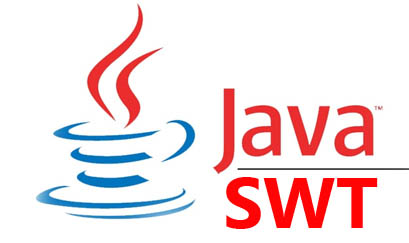732-491-7281 Mon.-Fri. 10:00-18:00 EST
The Standard Widget Toolkit (SWT) is a graphical widget toolkit for use with the Java platform. It was originally developed by Stephen Northover at IBM and is now maintained by the Eclipse Foundation in tandem with the Eclipse IDE. It is an alternative to the Abstract Window Toolkit (AWT) and Swing Java graphical user interface (GUI) toolkits provided by Sun Microsystems as part of the Java Platform, Standard Edition (J2SE).
To display GUI elements, the SWT implementation accesses the native GUI libraries of the operating system using Java Native Interface (JNI) in a manner that is similar to those programs written using operating system-specific application programming interfaces (APIs). Programs that call SWT are portable, but the implementation of the toolkit, despite part of it being written in Java, is unique for each platform.
The toolkit is free and open-source software distributed under the Eclipse Public License, which is approved by the Open Source Initiative. SWT widgets have the same look and feel as native widgets because they often are the same native widgets. Due to the use of native code, SWT classes do not allow for easy inheritance for all widget classes, which some users consider can hurt extensibility.
